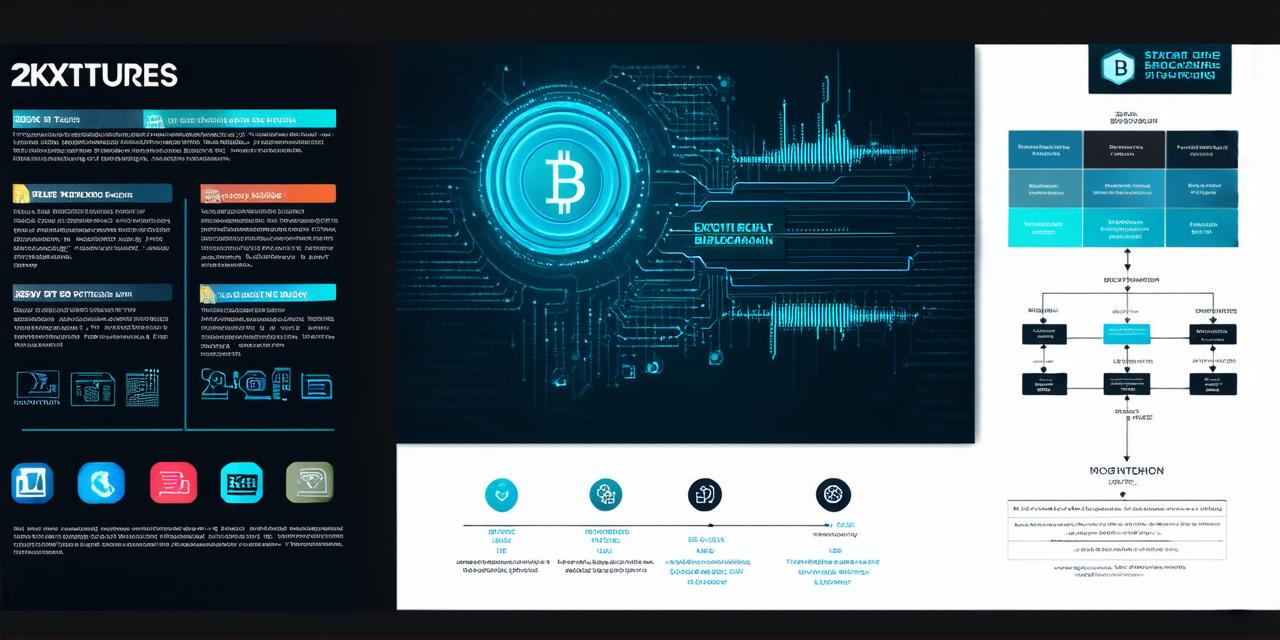In the world of blockchain technology, the functionality is what sets it apart from traditional systems. Blockchain allows for decentralized, secure, and transparent transactions to take place without the need for intermediaries.
This article will explore some of the main functionalities of blockchain and how they can be used in a variety of industries.
First, let’s look at the most well-known functionality of blockchain: cryptocurrency. Bitcoin is the most widely recognized example of a cryptocurrency, but there are many others that have gained popularity in recent years. Blockchain allows for secure and decentralized transactions of these digital currencies to take place without the need for traditional banks or payment processors. This has disrupted the financial industry and opened up new possibilities for peer-to-peer transactions.
Another important functionality of blockchain is smart contracts. Smart contracts are self-executing contracts that are programmed into the blockchain. They can be used to automate a wide range of processes, from real estate transactions to supply chain management. By eliminating the need for intermediaries, smart contracts allow for faster and more efficient transactions.

Blockchain also offers a high level of security and transparency. Each transaction is recorded on a public ledger, which allows for easy verification and auditing. This makes it difficult for fraudulent activities to go unnoticed, and it provides a level of trust that is often missing from traditional systems.
In addition to these well-known functionalities, blockchain has many other potential uses. For example, it can be used in the healthcare industry to securely store and share patient data. It can also be used in the voting system to ensure fair and transparent elections.
One of the most exciting aspects of blockchain technology is its ability to enable new business models. By eliminating intermediaries and providing a decentralized platform, blockchain has the potential to disrupt many industries and create new opportunities for innovation.
It’s important to note that while blockchain technology is promising, it’s still in its early stages of development. There are many challenges that need to be addressed before it can reach its full potential. For example, scalability is a major concern, as the current blockchain infrastructure cannot handle the high volume of transactions that are required for widespread adoption.
Despite these challenges, there is no doubt that blockchain technology has the potential to revolutionize many industries. As more developers and entrepreneurs continue to explore its possibilities, we can expect to see even more innovative uses of this powerful technology.
In conclusion, blockchain technology offers a wide range of functionalities that can be used in a variety of industries. From cryptocurrency to smart contracts, it provides a decentralized and secure platform for transactions. While there are challenges to overcome, the potential benefits make it an exciting area to explore for developers and entrepreneurs alike. As the technology continues to evolve, we can expect to see even more innovative uses of blockchain in the future.



